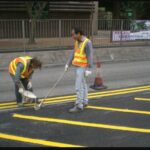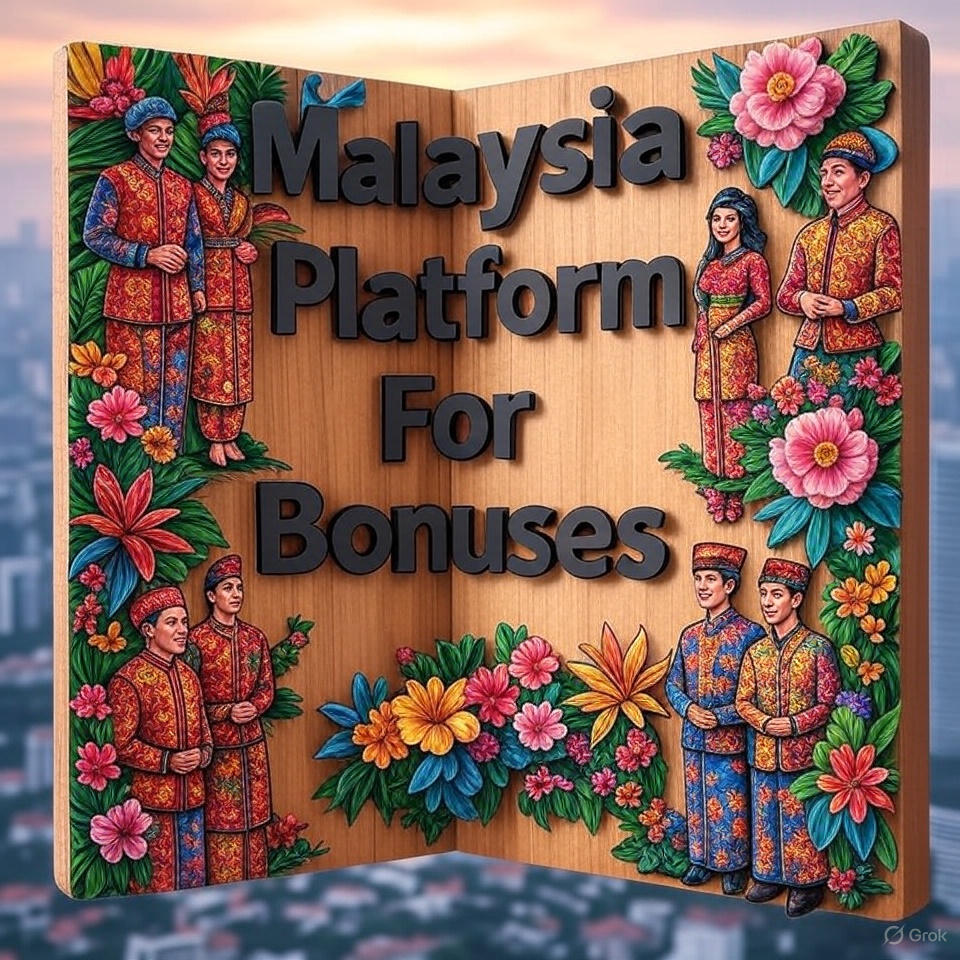Elder abuse is a devastating, yet often overlooked, issue that can profoundly affect the lives of older adults and their families. It encompasses a range of harmful actions that are inflicted upon seniors, including physical, emotional, financial, and even sexual abuse. For many family members, the thought of a loved one being mistreated is deeply distressing.
If you’re reading this, you likely share that concern and are willing to take a stand against elder abuse. Here’s a comprehensive guide on what to do if you witness elderly abuse and how to play your part in stopping this epidemic.
Understanding Elder Abuse
Elder abuse can manifest in various forms, from physical harm and neglect to financial exploitation and emotional mistreatment. Recognizing the signs is the first critical step toward prevention and intervention.
The Different Types of Elder Abuse
Elder abuse can manifest in various forms, all of which are equally unacceptable. Family members need to be able to identify these different types so they can take appropriate actions.
Physical Abuse
This involves the use of force that may result in bodily injury, pain, or impairment. It’s not always easy to spot, but some common signs include unexplained injuries such as bruising, abrasions, or broken bones.
Emotional Abuse
Verbal assaults, threats, harassment, and intimidation can all constitute emotional abuse. Observed changes in behavior or an elder’s willingness to communicate might indicate such abuse.
Financial Abuse
This form of abuse is characterized by unauthorized use or mismanagement of financial resources. Be on the lookout for sudden changes in a senior’s financial situation, or if they grant unusual or unexplained access to their assets to another person.
Neglect
Neglect can be intentional or a result of a caregiver’s inability to provide the necessary care. Indicators may include poor hygiene, untreated health issues, or unsuitable living conditions.
Recognizing the Warning Signs
For each type of abuse, there are red flags that should prompt further investigation. If a senior in your life experiences unexplained injuries, sudden changes in their financial situation, or displays unusual behavior such as withdrawal, depression, or fear, it could be a sign of abuse.
What to Do if You Witness Elder Abuse
If you witness elderly abuse or have reason to believe it’s occurring, there are several steps you can take to protect the victim and put an end to the abuse.
Document Your Observations
If you notice concerning behavior or injuries, document them with detailed notes and photographs. This information can help provide evidence later on if needed.
Report It
Contact your local authorities or Adult Protective Services (APS) if you suspect abuse. They will have the resources and expertise to investigate the matter further.
Offer Support
If it’s safe to do so, offer your support and let the elders know that they are not alone. Many victims of elder abuse feel isolated and ashamed, so showing compassion and empathy can go a long way in helping them.
Seek Legal Assistance
In severe cases of elder abuse, it may be necessary to seek legal assistance. Consult with a lawyer in Columbus who specializes in nursing home abuse or elder law to understand your options and protect the rights of the victim.
Preventing Elder Abuse
Prevention is always better than intervention when it comes to elder abuse. Here are some steps you can take to help prevent this issue from occurring in the first place.
Educate Yourself and Others
Educating yourself on the types of elder abuse, warning signs, and what to do if you witness it is crucial. Share this information with your friends and family to raise awareness about this issue.
Stay Connected
Maintaining regular contact with older adults in your life can help prevent isolation and reduce the risk of abuse. Check-in with them frequently and be on the lookout for any concerning changes.
Promote Financial Independence
Encourage older family members to maintain control over their finances and make sure they have a trusted individual to assist them if needed. This can help prevent financial exploitation.
Advocate for Better Laws and Policies
Joining advocacy groups or contacting your local legislators can help bring attention to the issue of elder abuse and push for better laws and policies to protect vulnerable seniors.
Conclusion
Elder abuse is a serious problem that affects millions of older adults worldwide. By recognizing the different types of abuse and warning signs, taking action if you witness it, and promoting prevention methods, we can all play a role in standing up for the vulnerable and putting an end to elder abuse. Together, we can create a safer and more compassionate world for our seniors to age in dignity and respect. So let’s do our part to spread awareness and make a difference in the lives of older adults. Remember, standing up for the vulnerable is not just a responsibility, it’s a moral obligation.








